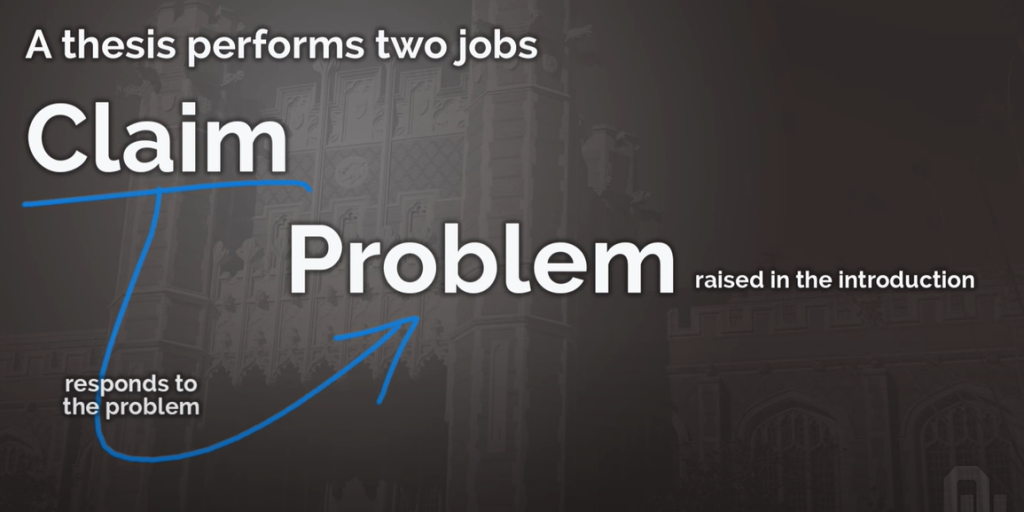What a Thesis for a Historical Essay Should Be?
For most students asked to answer the question, “What is a thesis for a historical essay?”
They will quickly think that it is a long and difficult task. They will not have a clue what to write or how to go about it. And worst of all, they probably won’t finish. So if you are one of those whose mind runs in endless search of good information, here are some tips that might help you.
The first tip for answering the question, “what is a thesis for a historical essay?”
Is to think carefully about your research method. Are you assembling a well-researched factual account, or are you writing from the assumption that you already know what has already been written? Obviously, the latter is not as useful as a guideline, but on the other hand, the former is extremely useful for helping you make sense of the historical research you’re doing.
The next tip for answering the question, “what is a thesis for a historical essay?”
Is to be aware that different people have different backgrounds. Some research for their historical essays begin with an interpretation of events and decide how to interpret those events based on the available facts. Other researchers start out looking for primary sources, i.e., primary facts that support their interpretation of the primary facts.
Still others begin with a more in-depth research method, looking for primary sources from which a conclusion can be drawn. No matter which way you approach your historical studies, you must make sure to understand your own particular field before you start trying to interpret other people’s work.
Finally, “what is a thesis for a historical essay?”
It is important to understand that there is no correct or wrong way to write a paper. The only requirement is that you have enough primary research to support your conclusions. Staying clear of the word “fiction” when describing your research is an important part of being sure that your paper is a well-researched fact rather than a “factual” piece of writing.
Now that you’ve laid out the structure for your paper, let’s take a look at the characteristics of a well-researched fact.
1. Generally time span.
A well-researched fact will be written in a relatively short period of time. This will vary depending on the length of the research that was used to develop the research topic. A paper that was written six years ago on the civil rights movement might still be written today, but it would not require the same amount of research to support it. As such, the time period could be significantly shorter than a more recent piece.
2. The thesis must be written with a fairly limited number of words
Too many words can cause an entire essay to get unnecessarily complicated. When writing a history paper, a thesis should be easy to understand and hard to refute. If an author wishes to prove a historical fact using too much detail, he or she may find that their argument goes against the general opinion of most people in the society at the time.

Finally, and probably most importantly
the thesis must be written with the “rest of the story” in mind. As mentioned above, the thesis should provide enough information for the reader to decide whether or not the argument that they are being presented with is correct. However, the thesis should not present the entire history as well. The student must learn how to paint a picture of how the events that have taken place are interconnected to each other if they wish to explain the answer to the question, “what of the following best describes what a thesis for a historical essay should be?”
In order to write a good thesis, one must know what he or she is trying to accomplish with the research that they will commit to paper. Is the research which they plan on writing more of an argument in support of their particular thesis or more of a review? Perhaps they want to show how a certain event affects various aspects of society from a historical perspective. The answers to these questions are only the starting point, however. A true and concise thesis must contain information that allows the reader to determine whether or not the argument that they are being presented with is accurate and whether or not they agree with the conclusions reached by the writer.
